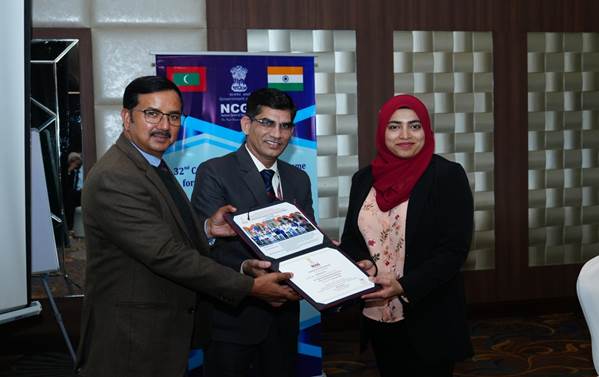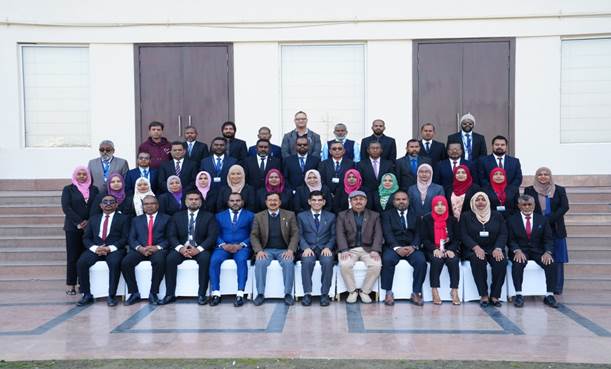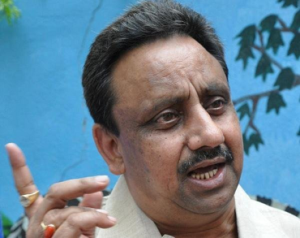New Delhi :- National Centre for Good Governance (NCGG), an autonomous apex institution of Government of India in partnership with the Ministry of External Affairs today successfully completed the 32nd capacity building programme for civil servants of Maldives. The one-week program was scheduled from February 5, 2024 to February 9th, 2024 in which 40 educationists have participated. In 2019, during the visit of Maldives by Prime Minister Shri Narendra Modi, a MoU was signed between the NCGG and the Civil Services Commission (CSC) of Maldives, which envisaged capacity building activities of 1,000 civil servants of Maldives at NCGG over the next 5 years. Despite disruptions due to Covid–19 pandemic, NCGG has achieved the remarkable milestone of conducting capacity building programs for 1000 Maldives Civil Servants in the period 2019-2024, under the India-Maldives MOU between NCGG and Civil Services Commission of Maldives.
The Capacity Building Programs were attended by Permanent Secretaries, Secretary Generals, Deputy Permanent Secretaries, senior officers of Anti Corruption Commission (ACC), Information Commission Officers of Maldives (ICOM) and also senior civil servants from various ministries and departments over the past 5 years. Maldives civil servants have benefitted from the exposure to India’s flagship programs and initiatives for bringing citizens and government closer using technology. Several group work presentations on several important sectors especially highlighting technology adoption in Maldives were made over the past 5 years.
During the Maldives capacity building programmes NCGG has been designing customised module based on the needs of the participating officials and have broadly shared various initiatives being taken in the country such as e-governance, digital India, universalization of public services to achieve sustainable development goals, usage of Aadhaar in service delivery, public grievance redressal mechanism and disaster management with special reference to coastal region, India Maldives Relations, Fintech and Inclusion, Public Policy and Implementation, Ethics in Administration, and Leveraging Technology in Disaster Management, Climate Change and its impact on bio-diversity, Behavioural Change Management, Agro-Based Practices in Coastal Region, Digital Health in India, Leadership, Coordination and Communication Skills, E-Governance and Digital India, Gender and Development, Approach to Achieve SDG by 2030 among other important areas.
As part of the activities outside the classroom, the participants have also been exposed to visits aimed at observing a diverse range of developmental projects and institutions. These visits offer them invaluable insights and first-hand experiences of prominent initiatives and organizations, including but not limited to the Smart City, Dehradun, Pradhanmantri Sanghralaya, AIIMS, Indira Paryavarn Bhawan: India’s first Zero Energy Project, NDMC, NDMA, Delhi Metro among others. The participating officials also visited heritage sites such as Taj Mahal, Qutub Minar among other places.


*******


